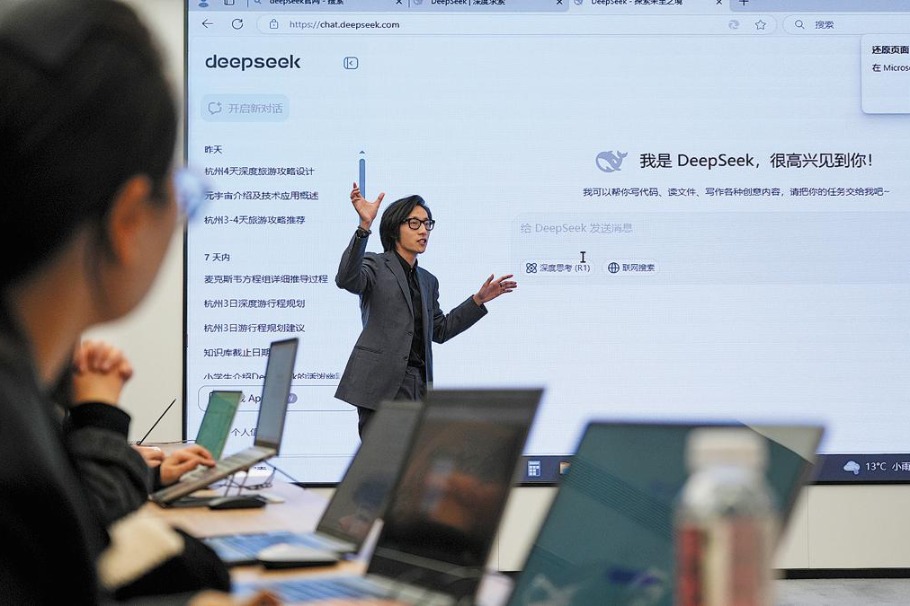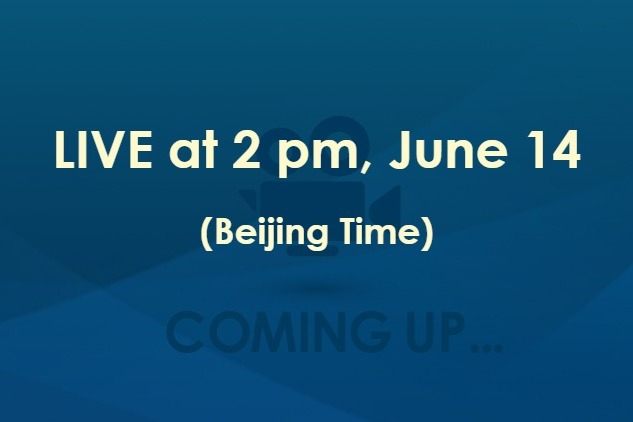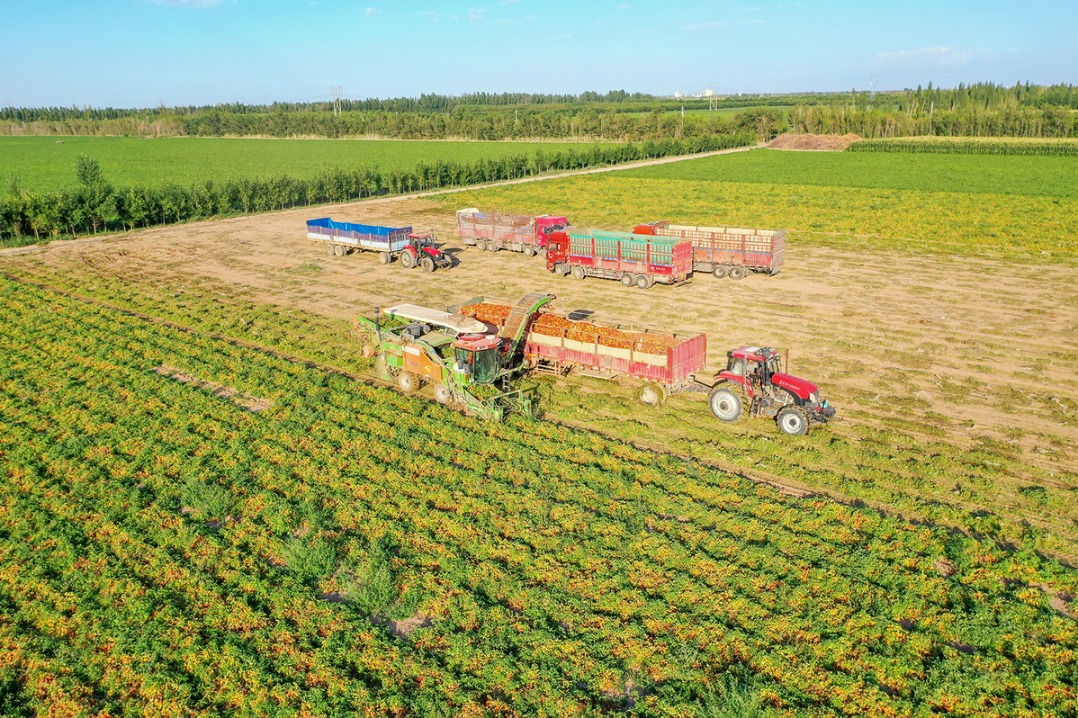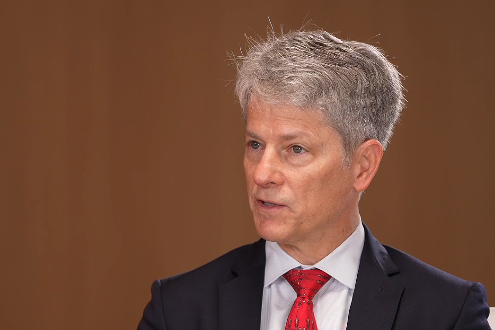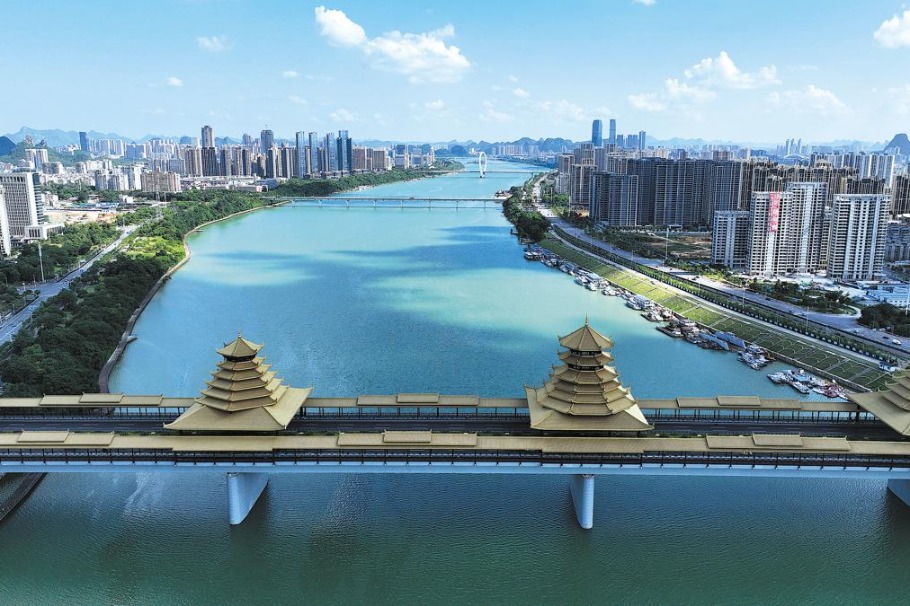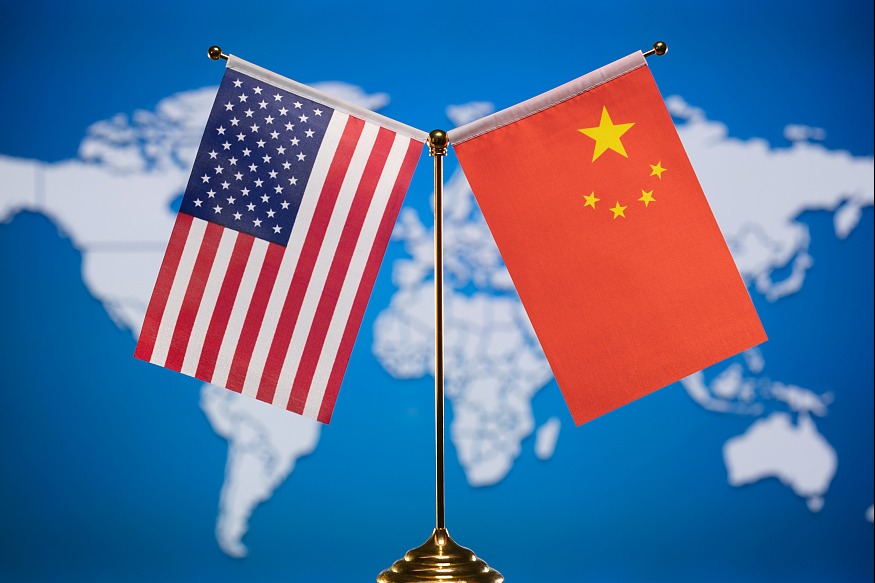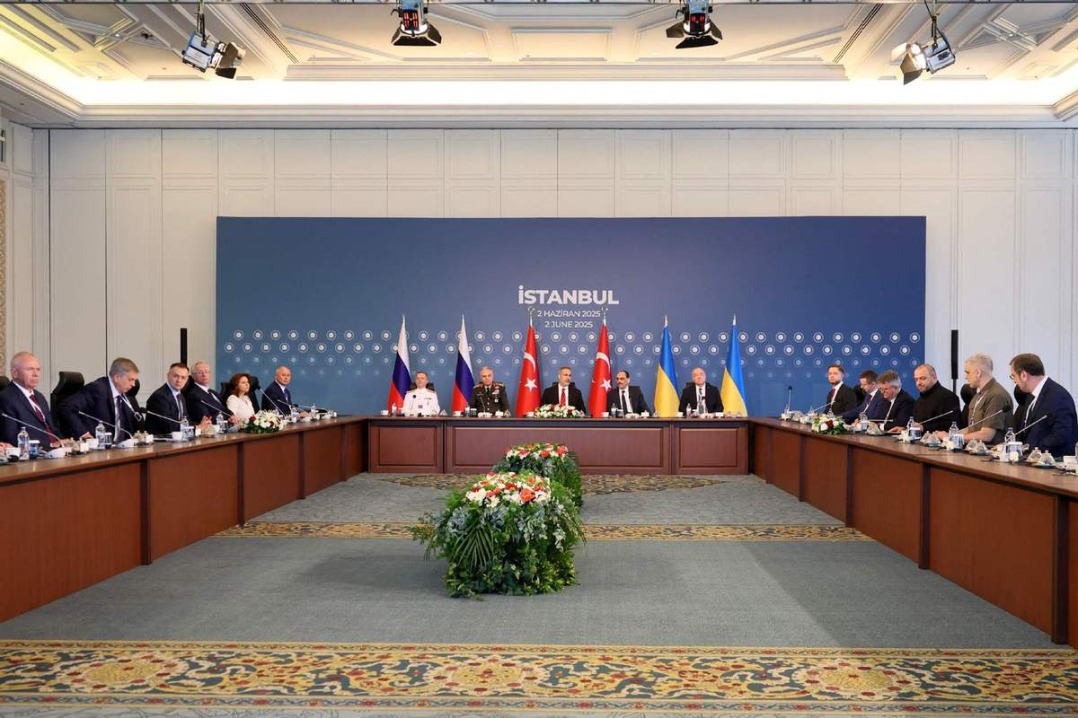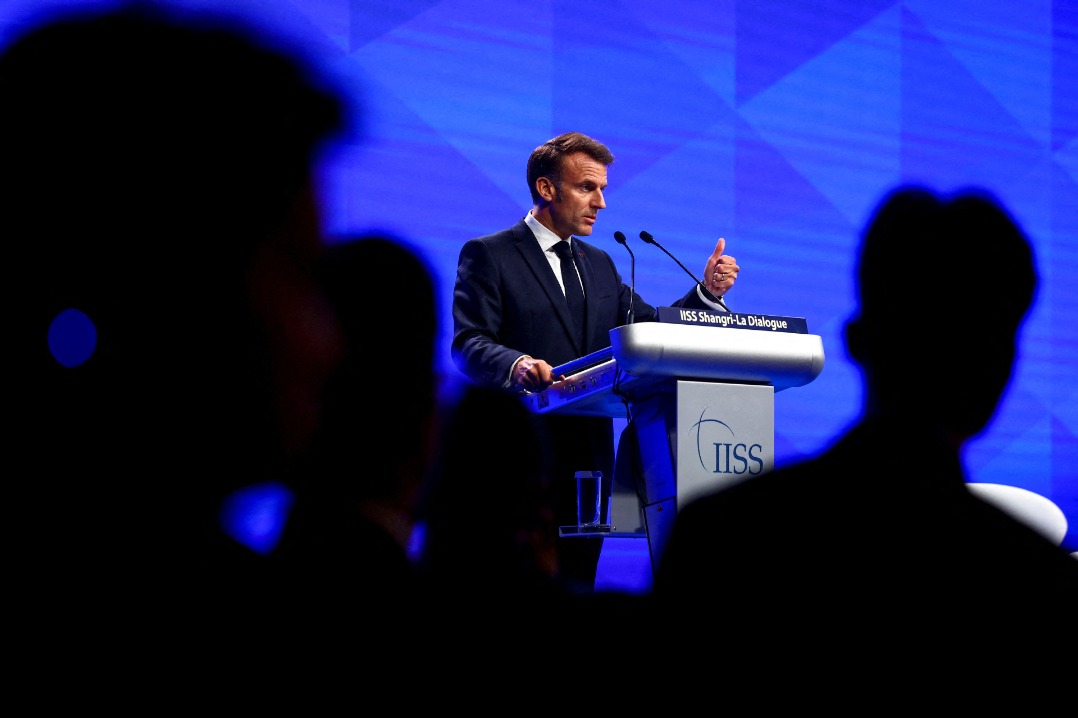Advancing at the double
China and South Africa playing a constructive role together in reforming the multilateral trading system

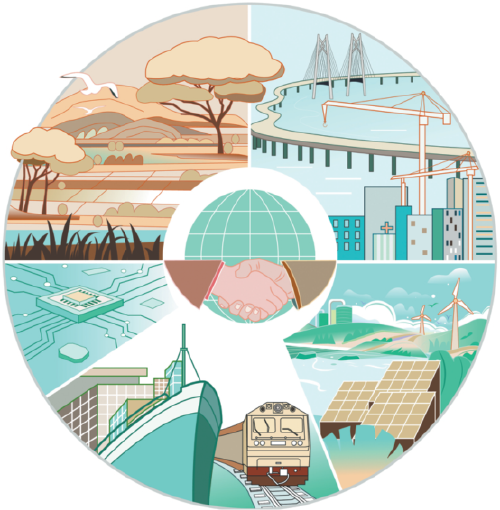
The multilateral trading system, primarily embodied by the World Trade Organization, plays a pivotal role in regulating international trade and fostering global economic stability. Its central aim is to create a level playing field for all its member countries by promoting free and fair trade through a rules-based system. Over the decades, it has facilitated a significant expansion in global trade, contributing to economic growth in many parts of the world. However, in recent years, the efficacy and inclusiveness of this system have been increasingly questioned — especially concerning its role in supporting the development aspirations of countries in the Global South.
There are a number of challenges facing the multilateral trading system, among others institutional gridlock, the dispute settlement crisis, the rise of bilateral and regional trade agreements in response to the perceived ineffectiveness of the WTO, with countries having increasingly turned to bilateral and regional trade agreements and other measures.
Fortunately, development cooperation, particularly among developing nations in the Global South has emerged as a corrective mechanism for addressing the inequalities embedded in the global trade architecture.
South-South cooperation includes collaborative efforts among developing countries in the political, economic, social, cultural, environmental and technical domains. It is based on principles of solidarity, mutual benefit, and respect for national sovereignty.
Many countries in the Global South, however, continue to face their own range of challenges such as their heavy reliance on commodity exports with volatile prices, weak industrial bases, inadequate infrastructure and logistical capabilities as well as limited access to finance and technology which hinder their ability to diversify exports and move up the value chain.
The growing promotion of development cooperation in the Global South includes the exchange of resources, technology and knowledge between developing countries, focusing on building infrastructure development, technical assistance and joint ventures and trade facilitation.
Furthermore, development cooperation in the Global South expands technical and financial assistance, strengthens regional trade integration and, expands markets while supporting local value addition and encouraging public-private partnerships.
Developing countries can also learn from each other's experiences and leapfrog development stages and ensure a stronger voice in global governance. Through collective bargain alliances, the Global South can increasingly influence international trade and financial institutions.
Emerging economies in the Global South — such as China, India, Brazil, Indonesia and South Africa — are increasingly influential in shaping global trade. Moreover, trade and investment among the Global South countries are rising, offering new avenues for development cooperation with huge potential for growth.
In fact, to remain relevant, and reset the multilateral trading system, the WTO must undergo significant reforms that prioritize inclusive growth, respect national development trajectories, and recognize the diverse capacities of its members. Only through a more balanced and development-oriented approach can the promise of trade as a driver of prosperity be fully realized for all nations.
China's cooperation with the Global South, particularly countries in Africa, Asia and Latin America, is growing and multifaceted and driven by a variety of factors, including the exchange of resources, technology transfer and a growing focus on building infrastructure development, joint ventures and trade facilitation in various forms, including economic partnerships, infrastructure development and security collaborations.
China is an increasingly important player in global, political and economic governance. The country is the second-largest economy in the world, and a member of the BRICS, G20 and many other multilateral platforms. Moreover, Chinese companies are rapidly expanding their overseas operations in other developing countries. On the African continent alone, there are over 10,000 Chinese companies operating.
China also regularly engages in dialogue with other countries and regional organizations such as the Association of Southeast Asian Nations, the African Union and the Community of Latin American and Caribbean States. It also participates in regional forums such as the Forum on China-Africa Cooperation and the Pacific Forum.
An excellent example of China's cooperation with other Global South countries is the growing Africa-China cooperation. China has a long-standing and growing friendship and solidarity with Africa, marked by infrastructure projects, trade and financial support. The Forum on China-Africa Cooperation continues to provide a vital platform for dialogue and collaboration.
President Xi Jinping pledged at the three-yearly 2024 Summit of the Forum on China-Africa Cooperation in Beijing to step up China's financial support across Africa with funding of nearly $51 billion over three years, backing for more infrastructure projects.
China is also a strong supporter of such initiatives as the African Continental Free Trade Area to boost intra-regional trade and reduce dependency on external markets.
It is of significant importance that China-South Africa cooperation represents an exemplary model in Global South relations. In fact, China and South Africa, both members of BRICS and the G20, offer a compelling example of successful South-South cooperation that aligns with efforts to safeguard the multilateral trading system and promote inclusive development.
China has been South Africa's largest trading partner since 2009, and South Africa remains China's largest trading partner in Africa. Bilateral trade soared from $1.34 billion in 2000 to $34 billion in 2023. The relationship is characterized by diversified exports: South Africa exports minerals, agricultural products and manufactured goods to China. China has financed and constructed major projects in energy, transportation, and telecommunication. Joint ventures and investments support South Africa's goals of industrialization and value-added production. China's Belt and Road Initiative extends to South Africa, aiming to improve connectivity and promote sustainable development through infrastructure financing. Growing technical and education cooperation with China provides many scholarships and technical training for South Africans in diverse fields.
As regards multilateral cooperation, which provides a pathway to greater autonomy, reducing dependency on any single power and allowing for diversified partnerships and the diversification of risk, China and South Africa coordinate closely in multilateral forums such as BRICS, the G20, the Forum on China-Africa Cooperation, and the WTO which focuses on WTO reform.
Building on the China-South Africa model, broader strategies for safeguarding the multilateral trading system and promoting South-South cooperation include promoting inclusive globalization pushing for reforms to global economic governance that reflect the interests of developing countries.
South Africa follows a principled international relations policy grounded in nonalignment, adherence to international law, multilateralism, diplomacy, peaceful dialogue, and a commitment to progressive Africanism and internationalism. These principles reflect South Africa's historical context and its vision for a more equitable world. By prioritizing these values, South Africa is proud to actively engage with its fraternal friend and partner, China, in international organizations such as BRICS, the UN, the AU and the G20. In fact, China and South Africa's cooperation and coordination in these multilateral platforms underscore their unwavering commitment to cooperative governance and collective action in addressing pressing global growth and development issues.

The author is a senior research fellow at the Institute of African Studies at Zhejiang Normal University and a former senior diplomat in the South African Department of International Relations and Cooperation. The author contributed this article to China Watch, a think tank powered by China Daily.
Contact the editor at editor@chinawatch.cn.
















